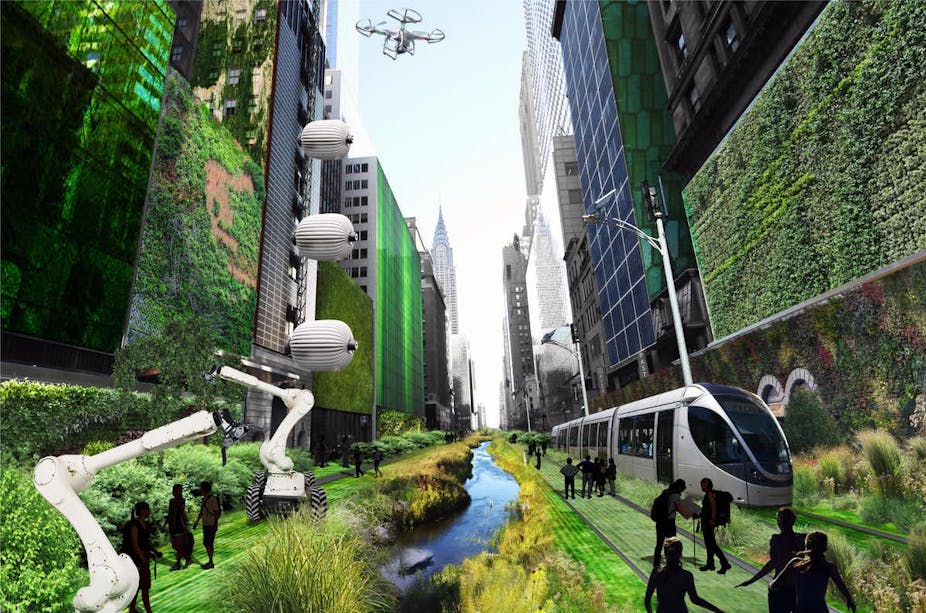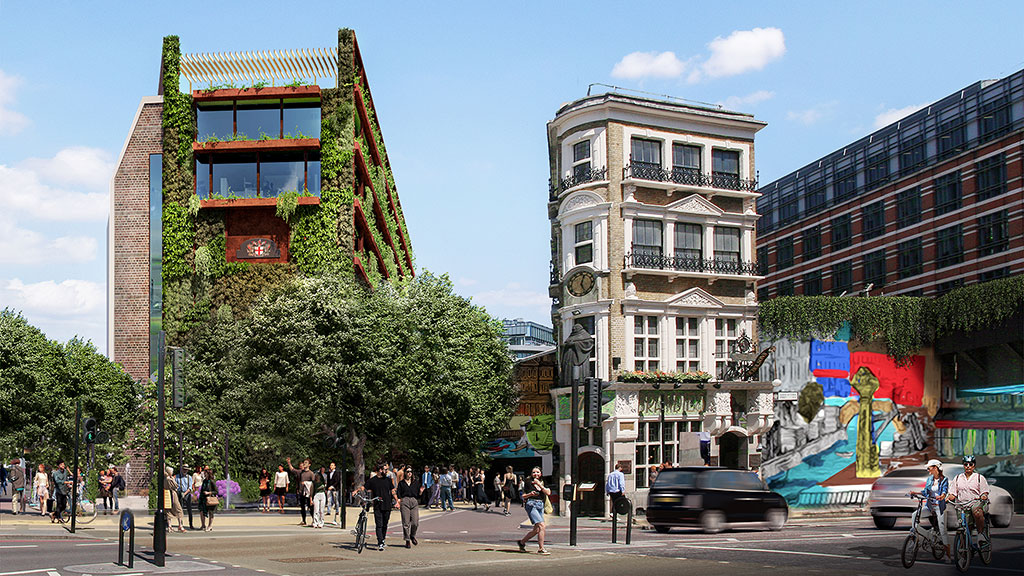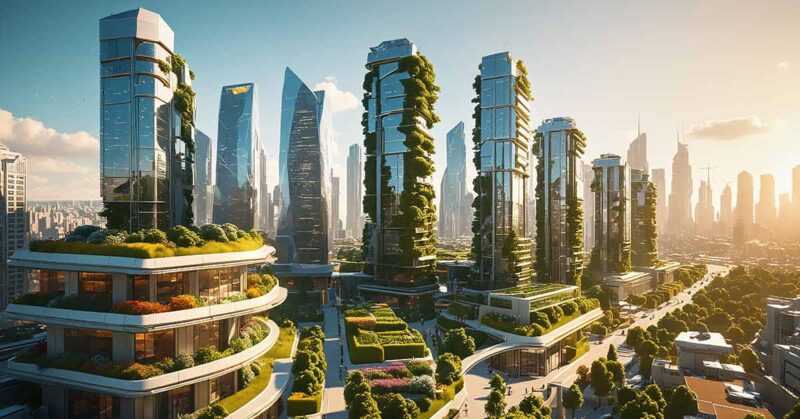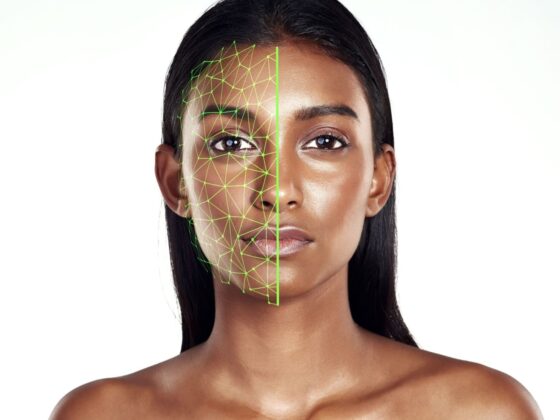As the sun rises over the iconic skyline of Singapore, it casts light on a city that stands at the forefront of smart living. Where concrete and glass meet cutting-edge technology, a new vision of urban living is emerging—one that integrates innovation seamlessly into daily life.
From intelligent transportation systems that optimize traffic flow to smart homes equipped with IoT devices that enhance convenience, Singapore is transforming into a model of tech-driven real estate. But what does this mean for residents and developers alike? Can this bustling metropolis truly serve as the blueprint for future cities, or is it merely a shimmering illusion? Join us as we delve into the intricacies of Singapore’s approach to smart living, exploring the initiatives shaping its landscapes and the uncharted possibilities that lie ahead.
Understanding Smart Living: Definitions and Concepts

The Role of Technology in Shaping Singapores Real Estate

In Singapore, technology is not just an add-on; it’s the backbone of an evolving real estate landscape that redefines urban living. From smart sensors that optimize energy consumption in high-rise buildings to advanced data analytics that predict market trends, the integration of tech innovations is transforming the way properties are developed and managed.
Imagine living in a smart home where artificial intelligence anticipates your needs, from adjusting the lighting to enhancing security. Furthermore, the rise of digital platforms empowers buyers and renters with real-time insights, streamlining the property search and transaction processes like never before.
As Singapore pushes the boundaries of whats possible, the collaboration between tech firms and real estate developers signals a bold move towards a future where smart living is not just a luxury, but a standard for all. What once seemed like futuristic dreams are now tangible realities, setting the stage for a new era in urban habitation.
Future Trends: What’s Next for Tech-Driven Real Estate?

As we gaze into the crystal ball of tech-driven real estate, several pivotal trends begin to crystallize, foreshadowing a transformative era. The integration of artificial intelligence and machine learning stands at the forefront, propelling personalized living experiences by analyzing resident preferences and optimizing resource management.
Yet, it doesnt stop there; blockchain technology promises to revolutionize property transactions, ensuring unparalleled transparency while minimizing fraud. Moreover, the rise of IoT devices will lead to smarter infrastructure—think of homes that anticipate your needs, offer energy efficiencies, and enhance security in real time.
Sustainability will also take center stage, as eco-conscious innovations reshape development practices, from green building materials to smart waste management solutions. In this dynamic landscape, Singapore is poised to not only adapt but to lead, creating a model that other cities may well aspire to replicate.
The next chapter in smart living is on the horizon, filled with possibilities limited only by our own imaginations.
Conclusion
In conclusion, Singapores commitment to innovation and technology positions it as a leading example of smart living in the 21st century. With initiatives like the River Green, which seamlessly integrates nature into urban spaces, the city-state is redefining the concept of urban living by prioritizing sustainability, connectivity, and quality of life.
As developers continue to leverage cutting-edge technologies, the integration of smart systems in real estate will not only enhance the efficiency of urban environments but also foster a community that thrives on convenience and sustainability. As other cities look to Singapore as a model, it is clear that the future of smart living is not just about technology; it’s about creating a harmonious balance between urban development and environmental stewardship.


